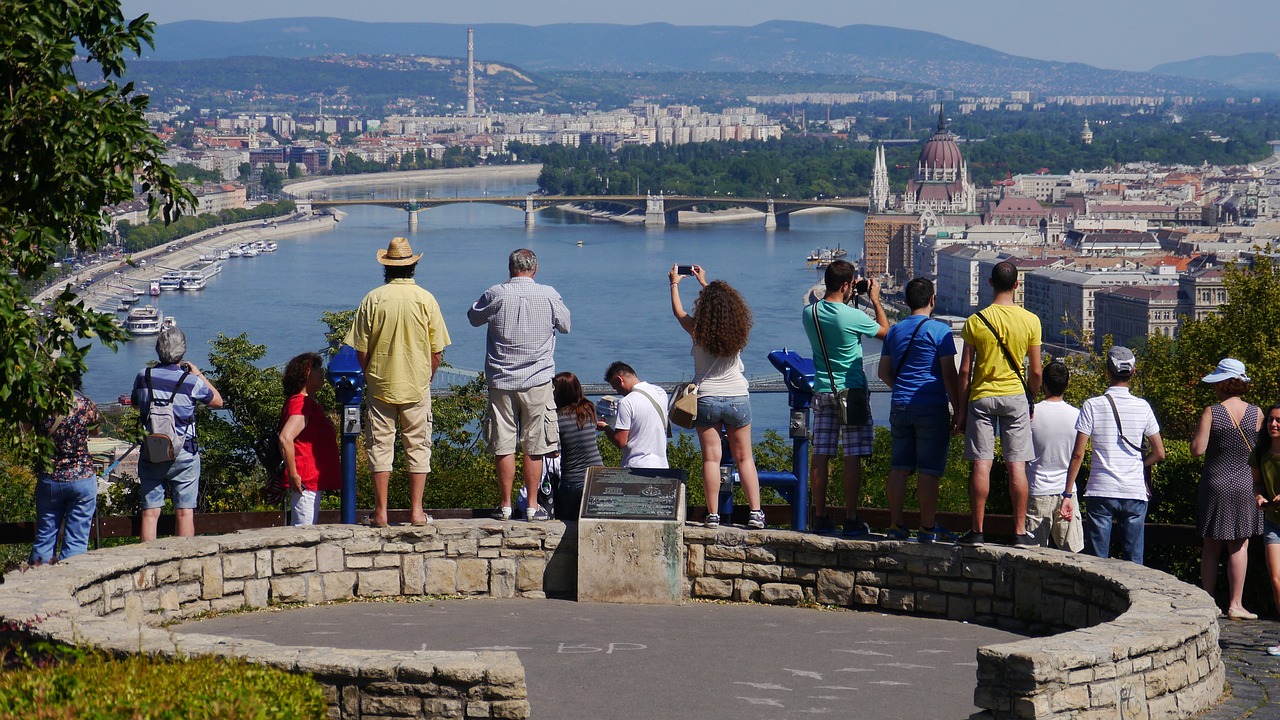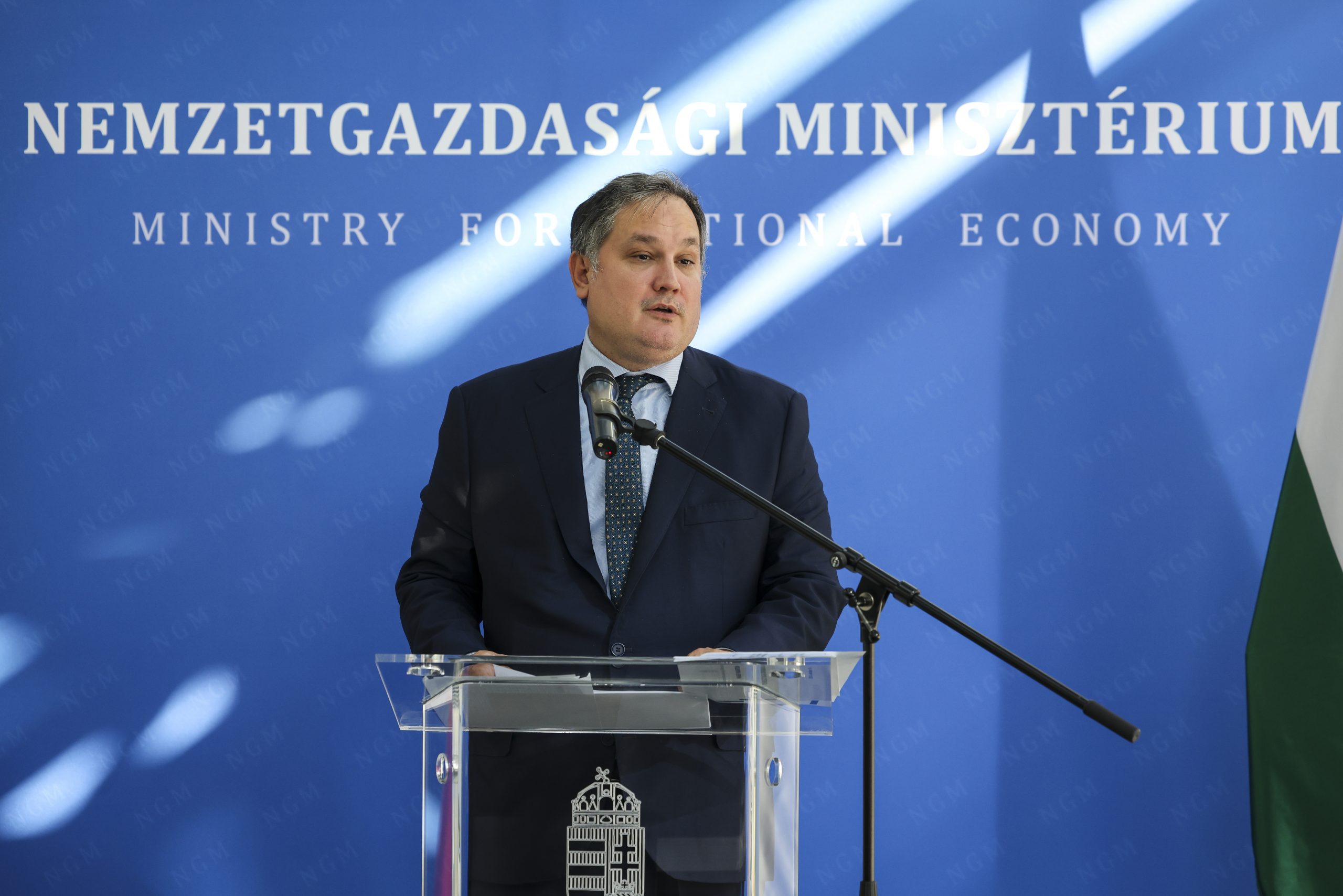
They emphasize that such a move would significantly affect businesses in the city's restaurant and attraction sectors.Continue reading

Minister for National Economy Márton Nagy held a press conference in Budapest to present a a 14-plus-2 tourism deregulation package, drawn up by the Tourism Advisory Board, a consultative body of the ministry. The action plan includes a police station in the party district, regulation of short-term rentals, and the use of private accommodation, among others, writes Világgazdaság.
According to the politician, airport traffic will break all records this year, which is important because tourism will increase its contribution to GDP, reaching 12% this year. As a result, more than 10% of tax revenues come from this sector.

Minister Márton Nagy. Photo: MTI/Hegedüs Róbert
The Minister recalled that at the beginning of the year, the Tourism Advisory Board was set up jointly with the Hungarian Tourism Agency, with 33 member organizations. This is the first program to come out of this joint work, which can be seen as a package of deregulation. The points of the program:
Márton Nagy indicated that there would be no short-term rental regulation in the countryside.
In Budapest we are thinking about a moratorium and a tax increase,”
he underlined, adding that it is certain that the Airbnb market cannot grow any further.
Also part of the package is the regulation of cashless tipping. “This is something that all banks should sort out, it is not cash but credit card payment, and restaurants should be allowed to do this,” the Minister noted. In the case of service charges, the politician pointed out that they should be capped at 12%, but above that the customer can still tip. He stressed that the service charge goes to the entrepreneur, but the tip goes to the waiter, and the two should be completely separated.
It is expected that the new regulation could also give a boost to business tourism events by increasing the subsidy for business tourism events to 15% of the minimum wage.
In the case of the zoo pass, he indicated that, in essence, the amendment to the VAT (Value Added Tax) law makes it clear that it can be given tax-free as a fringe benefit.
The reason for the need to review the regulation of tourist guiding is that the market is unregulated and there are many more licenses in circulation than there are guides. In the future, tour guides will have to pass a permanent examination.
Nagy said that it was unrealistic to require every catering establishment to have a parking space, therefore it would be reviewed, and in some cases the establishments could be exempted from 100%.
As a crucial point, he announced the abolition of the carbon tax, explaining that “this is the result of the buy-back of the airport, leading to the planned renovation of the airport’s expressway, which the government plans to start in 2026.” However, he indicated that this is not the last package that has been adopted. “We are learning,” he noted, adding that they are facing an increasing number of challenges that require the work of the Tourism Advisory Board.
Via Világgazdaság; Featured image via Pixabay